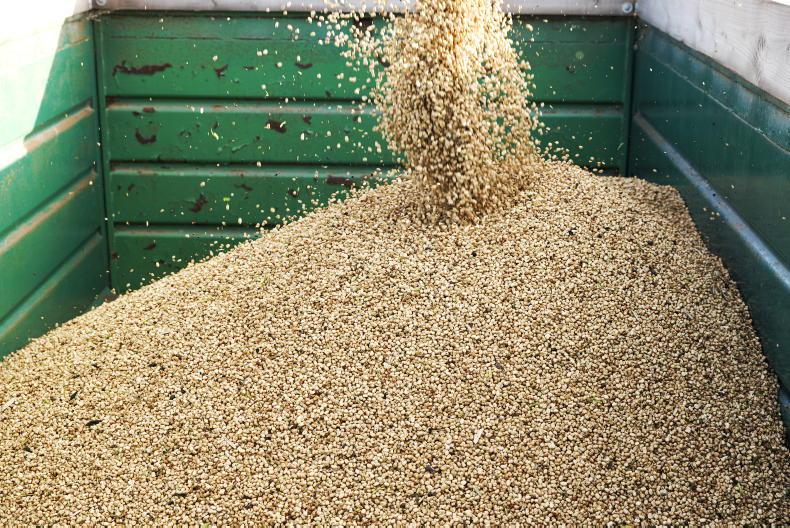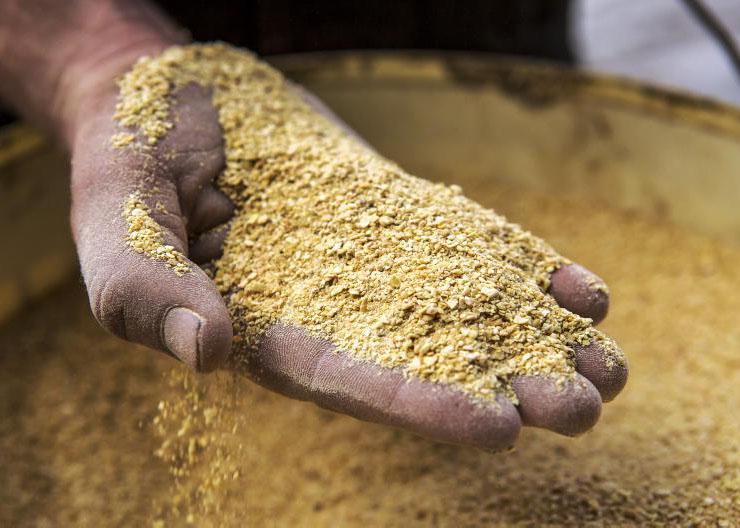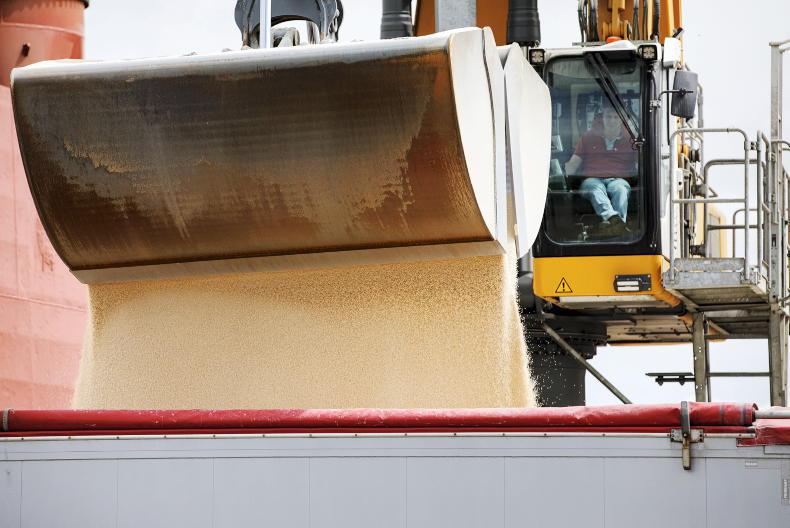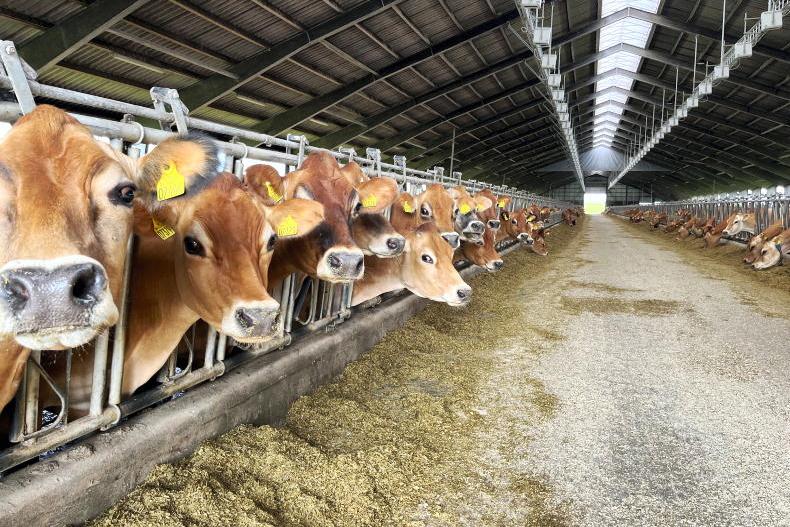Environment committee MEPs have called on the European Commission to introduce penalties for companies who place products on the EU market which are derived from commodities that endanger forests and ecosystems.
Voting on legislative initiative procedure 2020/2006 (INL) - An EU legal framework to halt and reverse EU-driven global deforestation - took place this week, with a margin of 45 votes in favour.
The MEPs are pushing for an EU legal framework based on mandatory reporting, disclosure and third party participation for companies placing such products on the market.
This represents the first time the environment committee has made use of the possibility in the Lisbon Treaty to request the EU’s executive to come forward with binding legislation.
EU consumption
It is hoped the new framework will protect regions such as the Cerrado forests in Brazil from deforestation. Since 1990, 1.3m km² of the world’s forests has been lost, an area larger than South Africa.
Furthermore, the MEPs have requested binding definitions of what constitutes deforestation and forest degradation.
It is estimated that EU consumption represents approximately 10% of global deforestation, with palm oil, meat, soy, cocoa, maize, timber, leather and rubber among the main drivers of deforestation.
Due diligence
Commenting after the vote, German MEP Delara Burkhardt said: “Everyone agrees that voluntary initiatives have so far failed to halt deforestation worldwide.
“The adoption of this report gives us the chance to create a functioning and fair framework, based on mandatory due diligence.”
European financial institutions will also have to show that their investments are not linked to deforestation, ecosystem destruction or human rights abuses.
The Commission will vote on the report during the two plenary session taking place from 19 to 22 October.
Read more
Mercosur trade agreement fails the sustainability test - Oxford report
Listen: Mercosur beef exports surge as currency falls
Over 17% of some Brazilian beef exports related to deforestation – study
Environment committee MEPs have called on the European Commission to introduce penalties for companies who place products on the EU market which are derived from commodities that endanger forests and ecosystems.
Voting on legislative initiative procedure 2020/2006 (INL) - An EU legal framework to halt and reverse EU-driven global deforestation - took place this week, with a margin of 45 votes in favour.
The MEPs are pushing for an EU legal framework based on mandatory reporting, disclosure and third party participation for companies placing such products on the market.
This represents the first time the environment committee has made use of the possibility in the Lisbon Treaty to request the EU’s executive to come forward with binding legislation.
EU consumption
It is hoped the new framework will protect regions such as the Cerrado forests in Brazil from deforestation. Since 1990, 1.3m km² of the world’s forests has been lost, an area larger than South Africa.
Furthermore, the MEPs have requested binding definitions of what constitutes deforestation and forest degradation.
It is estimated that EU consumption represents approximately 10% of global deforestation, with palm oil, meat, soy, cocoa, maize, timber, leather and rubber among the main drivers of deforestation.
Due diligence
Commenting after the vote, German MEP Delara Burkhardt said: “Everyone agrees that voluntary initiatives have so far failed to halt deforestation worldwide.
“The adoption of this report gives us the chance to create a functioning and fair framework, based on mandatory due diligence.”
European financial institutions will also have to show that their investments are not linked to deforestation, ecosystem destruction or human rights abuses.
The Commission will vote on the report during the two plenary session taking place from 19 to 22 October.
Read more
Mercosur trade agreement fails the sustainability test - Oxford report
Listen: Mercosur beef exports surge as currency falls
Over 17% of some Brazilian beef exports related to deforestation – study









SHARING OPTIONS